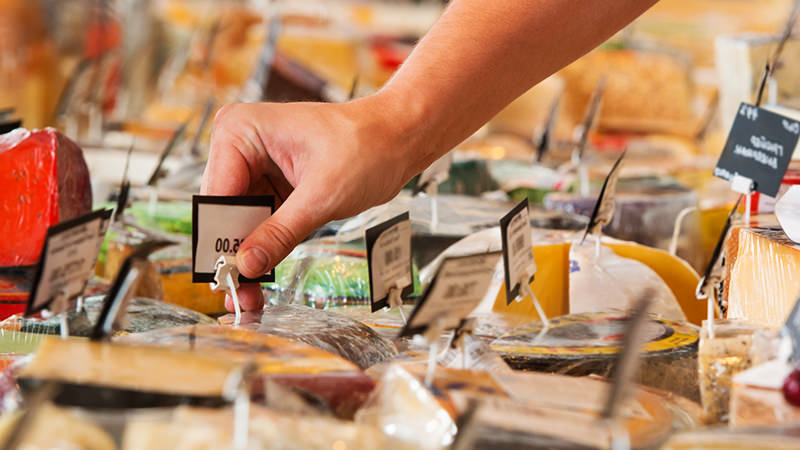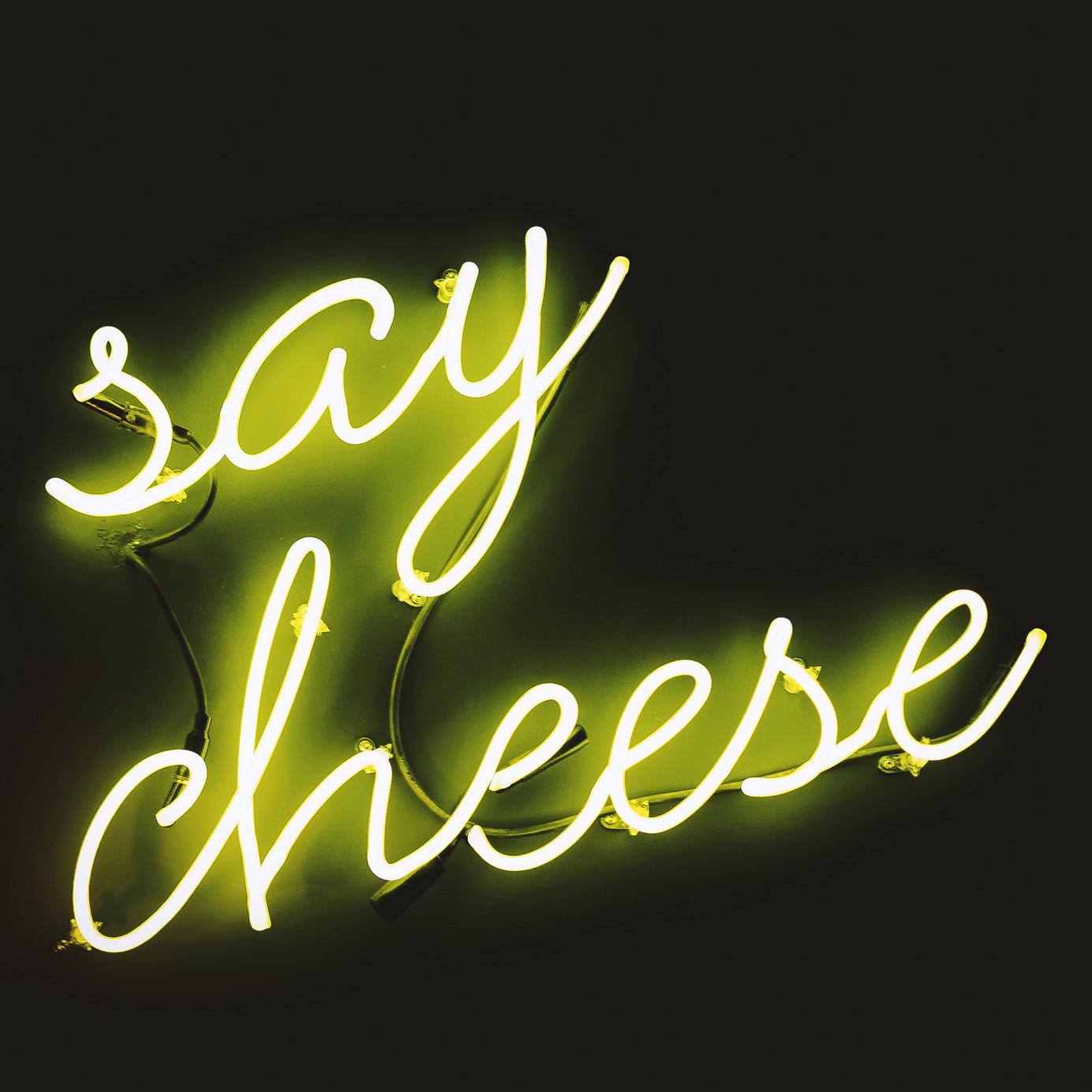
Whether you’re looking for Brie, cheddar, or something you’ve never heard of, cheese shopping should be the highlight of your week. Unfortunately, we’ve all had those unrewarding experiences where we walk out of a cheese shop feeling like a cultural degenerate; or, we get home and realize that the cheese we bought was overpriced and underwhelming.
Want to avoid these woes? Look for stellar cheese shops with smart staff and stinky selections. Here are 10 surefire signs you’ve come to the right place.
It smells like cheese in there.
A good cheese shop carries a range of cheeses, including cheeses that smell to high heaven. Ergo, even if you don’t love stinky cheeses, their presence is a good sign. You’ll find a wider range of new treasures at the smellier shops.
Don't Miss A Drop
Get the latest in beer, wine, and cocktail culture sent straight to your inbox.Cheeses are cut to order.
Cheese is freshest straight from the wheel. Once it’s cut, it quickly starts to degrade, both texturally and flavor-wise, and nobody has time for that. The shops that care most about you walking out with the best-quality cheese will either be entirely cut to order, or offer you the option of cutting down pieces that are pre-wrapped.
The store is staffed by humans.
For every 30 cheeses sold in a shop, there should be at least one human there to walk you through all those cheeses. What the heck is L’Etivaz? Sure, you could Google it, but if a cheese shop is serious about deliciousness, it’ll make sure to have someone there to explain.
No one makes you feel stupid.
Unless you were raised by French aristocrats, you may not know what a tomme is. That is fine. Your job isn’t to be the expert; your job is to find something that you’re excited about, with the help of your cheesemonger. If anyone working in the cheese shop makes you feel embarrassed for not being a cheese expert, march right out of that shop and never return.

Cheesemongers are happy to do the work.
That ripe, gooey wheel of soft cheese you’re eying may be perfect for a party tonight, but not ideal for the brunch you want to throw this upcoming weekend. Luckily, it’s not your job to know the difference! Your cheesemonger should ask you questions like when you plan on serving the cheese, around how many people will be coming, and what you’ll be drinking (if you know). Buying cheese to pair with Netflix and comfy pants is different from buying cheese to serve at your boss’s upcoming dinner party, and either way, your cheesemonger should be able to steer you in the right direction.
You get to taste before you buy.
Cheese is made from milk, and milk is made from cows, which eat plants all day. Depending on what plants are in season, the milk might taste different, which may make the cheese different from the last time you had it. It may even vary by batch — last week, the cows were outside in the sun, and this week, the cows were inside the barn, taking shelter from the rain and eating hay. As a result, their milk will taste different. Even if you’re buying a favorite cheese that you have all the time, it’s worth giving it a taste to make sure it’s what you’re looking for today.
Pairings are (politely!) suggested.
While most mongers understand that their customers aren’t stopping by to spend their life savings, they also understand that cheese is an experience to be enjoyed, and that usually means having some other goodies to go along with it. Typically, that means bread or crackers, maybe honey, or perhaps a jar of local pickled vegetables. A good monger will suggest pairings right away — if they don’t, gently ask, “What else would be tasty with this cheese?”
There are both local and international options.
While there are some wonderful cheese shops that focus on American-made cheeses (such as NYC’s Saxelby Cheesemonger or Mission Cheese Shop in San Francisco), most should have a selection of both international classics and American standouts. If you just see Manchego, Parm, and Brie, that’s code for “we’re phoning it in.”
You are encouraged — but not bullied — to expand your comfort zone.
Sure, Brie is a treat, but have you tried Cremeux de Bourgogne? What about Harbison? A good monger will understand what you’re asking for, make sure you get it, and try to introduce you to something else you’ll love. When your job is selling joy in dairy form, how could you not?
You leave a bit happier than when you came in.
Listen, you just spent your hard-earned money on something that wasn’t strictly necessary for your survival. (Admittedly, sometimes cheese does feel necessary for survival.) If that experience didn’t spark some joy, someone messed up, and it wasn’t you. You should leave the shop feeling like you just had a delicious adventure.
